Last week was a good week for FHSS from a publishing perspective. On the last day of February Sociological Research Online published a book review with Dr. Pramod Regmi as first author, which we highlighted in an earlier BU Research Blog (see more here!) [1]. On the same the same day we received news from the Journal of Travel Medicine (published by Oxford University press) that our latest article on research in Nepal was accepted for publication. Our paper ‘Identifying the gaps in Nepalese migrant workers’ health and well-being: A review of the literature’ addresses the health and well-being of migrant health workers and ‘brings’ this to travel medicine specialists [2].
On Thursday our article ‘Vital signs and other observations used to detect deterioration in pregnant women: an analysis of vital sign charts in consultant-led maternity units’ was accepted by the International Journal of Obstetric Anesthesia published by Elsevier [3]. On Friday The Lancet published correspondence from FHSS Post-Doc. Researcher Dr. Pramod Regmi and FHSS Ph.D. student Folashade Alloh, and BU Visiting Faculty Prof. Padam Simkhada under the title: ‘Mental health in BME groups with diabetes: an overlooked issue?’ [4]. To round off the week on Friday afternoon the editorial office of Kontakt (published by Elsevier) emailed that the editorial ‘The medical and social model of childbirth’ had been accepted for publication [5].
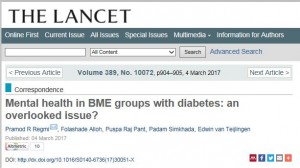
Prof. Edwin van Teijlingen
CMMPH
References:
- Regmi, P., van Teijlingen, E. ‘Balanced Ethics Review: A Guide for Institutional Review Board Members’ by Whitney, Simon N., Springer, (2015) ISBN: 9783319207056 (pb) (book review), Sociological Research Online 2017; 22(1) http://www.socresonline.org.uk/22/1/reviews/3.html
- Simkhada, P.P., Regmi, P.R., van Teijlingen, E., Aryal, N. Identifying the gaps in Nepalese migrant workers’ health and well-being: A review of the literature, Journal of Travel Medicine (Accepted).
- Smith, G.B., Isaacs, R., Andrews, L., Wee, M.Y.K., van Teijlingen, E., Bick, D.E., Hundley, V. Vital signs and other observations used to detect deterioration in pregnant women: an analysis of vital sign charts in consultant-led maternity units, International Journal of Obstetric Anesthesia (Accepted).
- Regmi, P., Alloh, F., Pant, P.R., Simkhada, P., van Teijlingen, E. (2017) Mental health in BME groups with diabetes: an overlooked issue? The Lancet, 389: 904-905.
- van Teijlingen, E. The medical and social model of childbirth, Kontakt (Accepted.
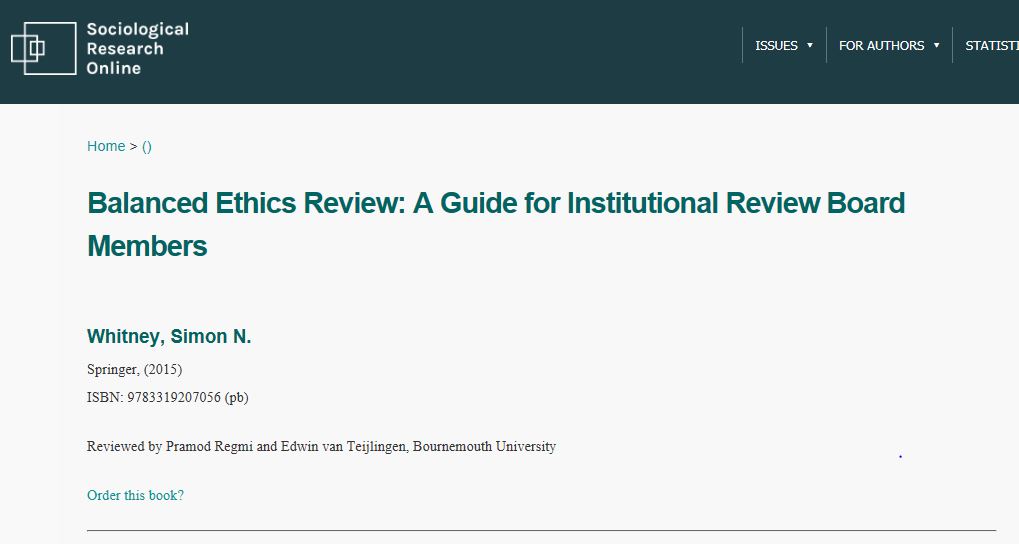
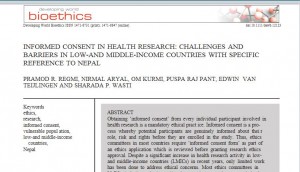
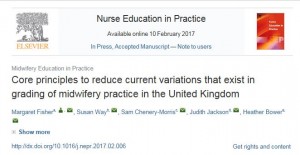


 Booking is now open for
Booking is now open for 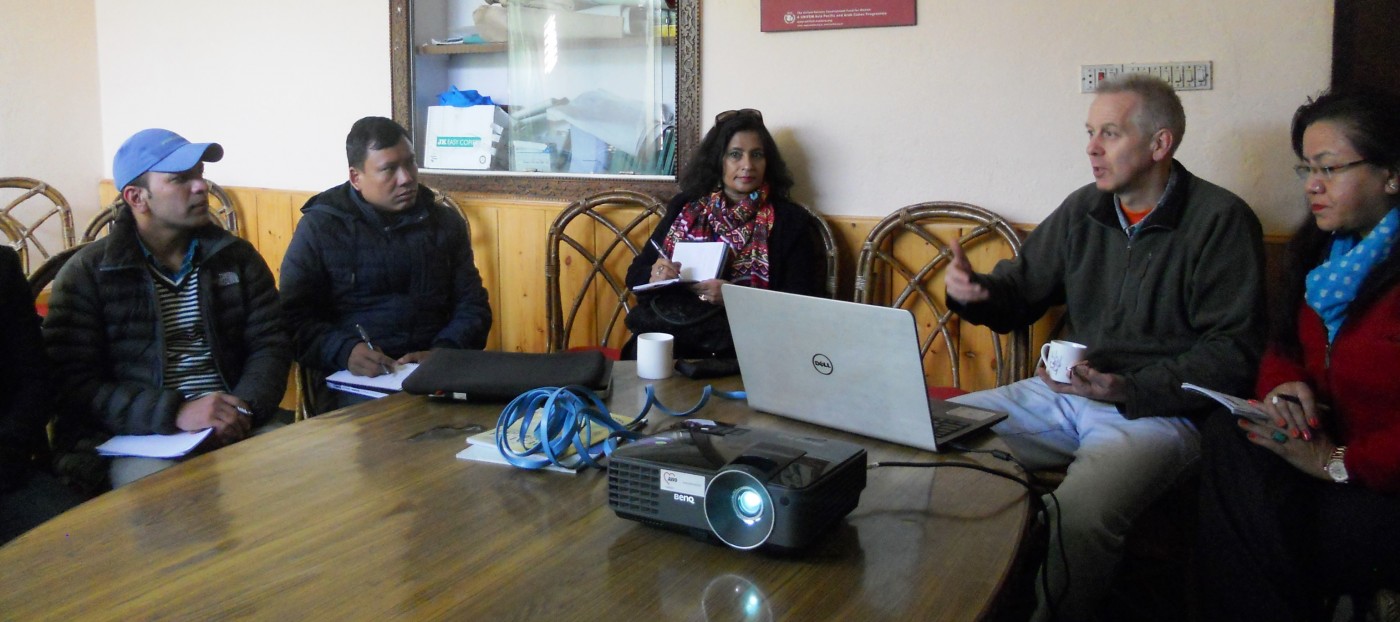


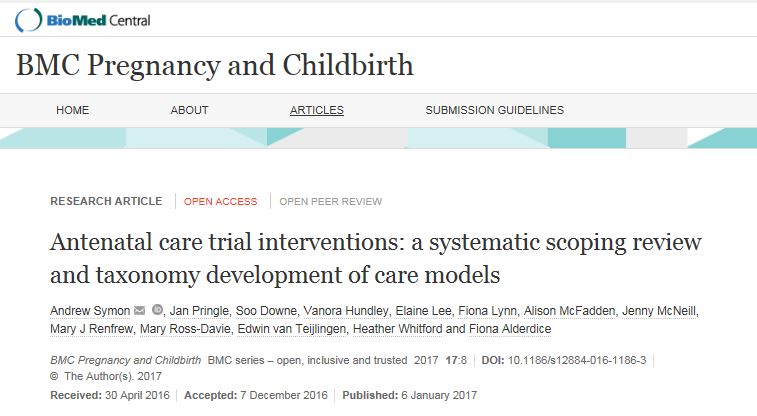
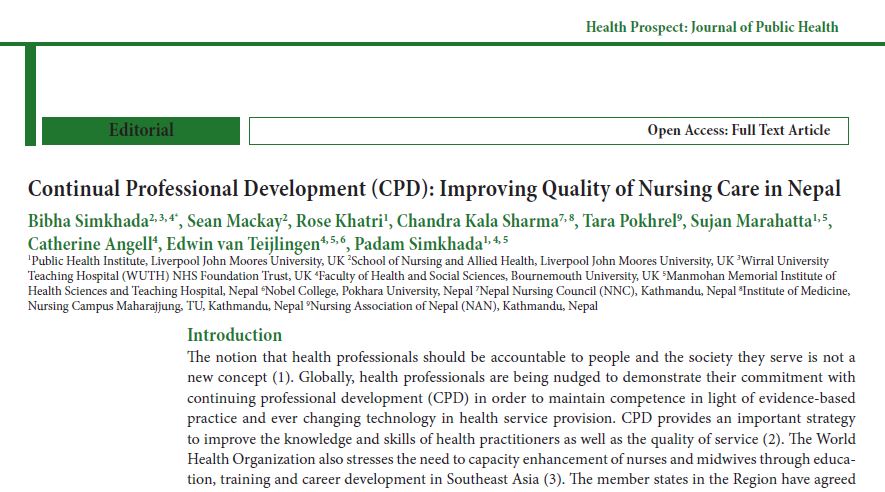

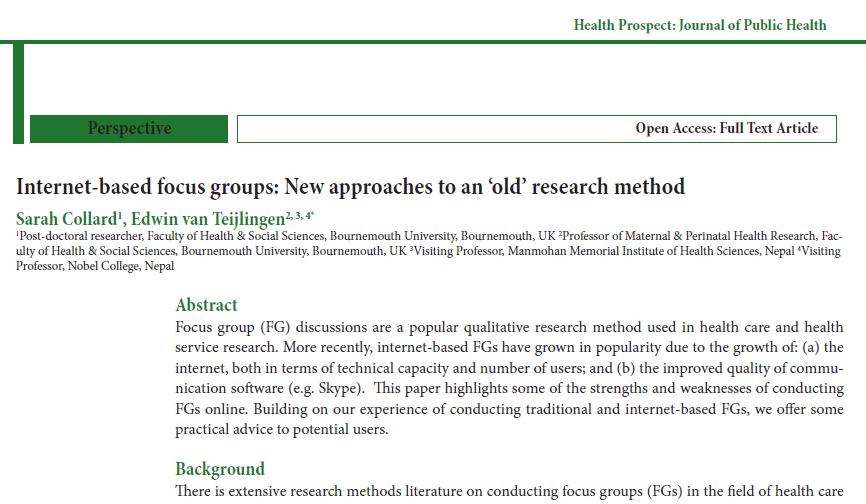
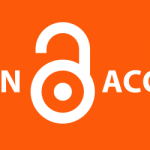
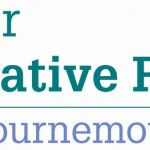
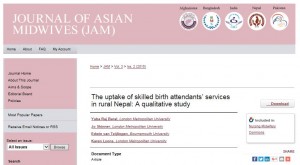
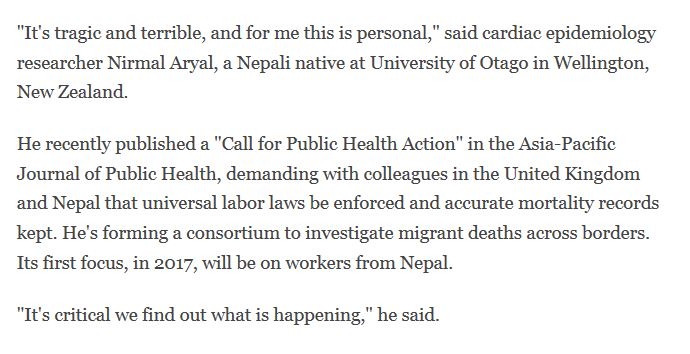
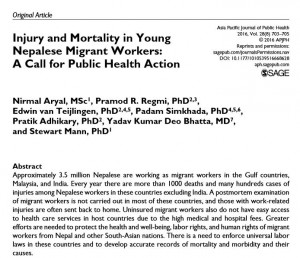
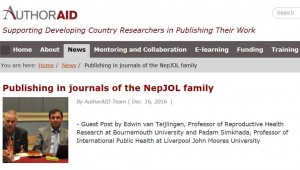
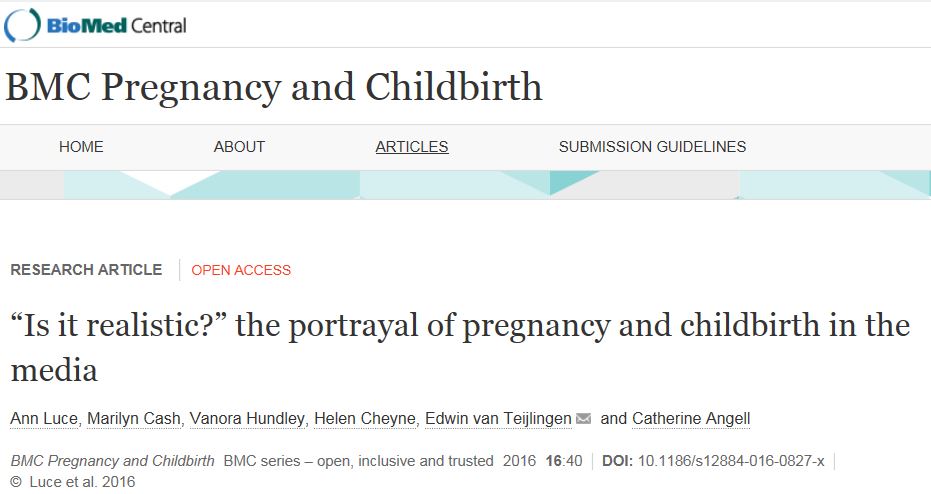











 Beyond Academia: Exploring Career Options for Early Career Researchers – Online Workshop
Beyond Academia: Exploring Career Options for Early Career Researchers – Online Workshop UKCGE Recognised Research Supervision Programme: Deadline Approaching
UKCGE Recognised Research Supervision Programme: Deadline Approaching SPROUT: From Sustainable Research to Sustainable Research Lives
SPROUT: From Sustainable Research to Sustainable Research Lives BRIAN upgrade and new look
BRIAN upgrade and new look Seeing the fruits of your labour in Bangladesh
Seeing the fruits of your labour in Bangladesh ECR Funding Open Call: Research Culture & Community Grant – Apply now
ECR Funding Open Call: Research Culture & Community Grant – Apply now ECR Funding Open Call: Research Culture & Community Grant – Application Deadline Friday 12 December
ECR Funding Open Call: Research Culture & Community Grant – Application Deadline Friday 12 December MSCA Postdoctoral Fellowships 2025 Call
MSCA Postdoctoral Fellowships 2025 Call ERC Advanced Grant 2025 Webinar
ERC Advanced Grant 2025 Webinar Update on UKRO services
Update on UKRO services European research project exploring use of ‘virtual twins’ to better manage metabolic associated fatty liver disease
European research project exploring use of ‘virtual twins’ to better manage metabolic associated fatty liver disease